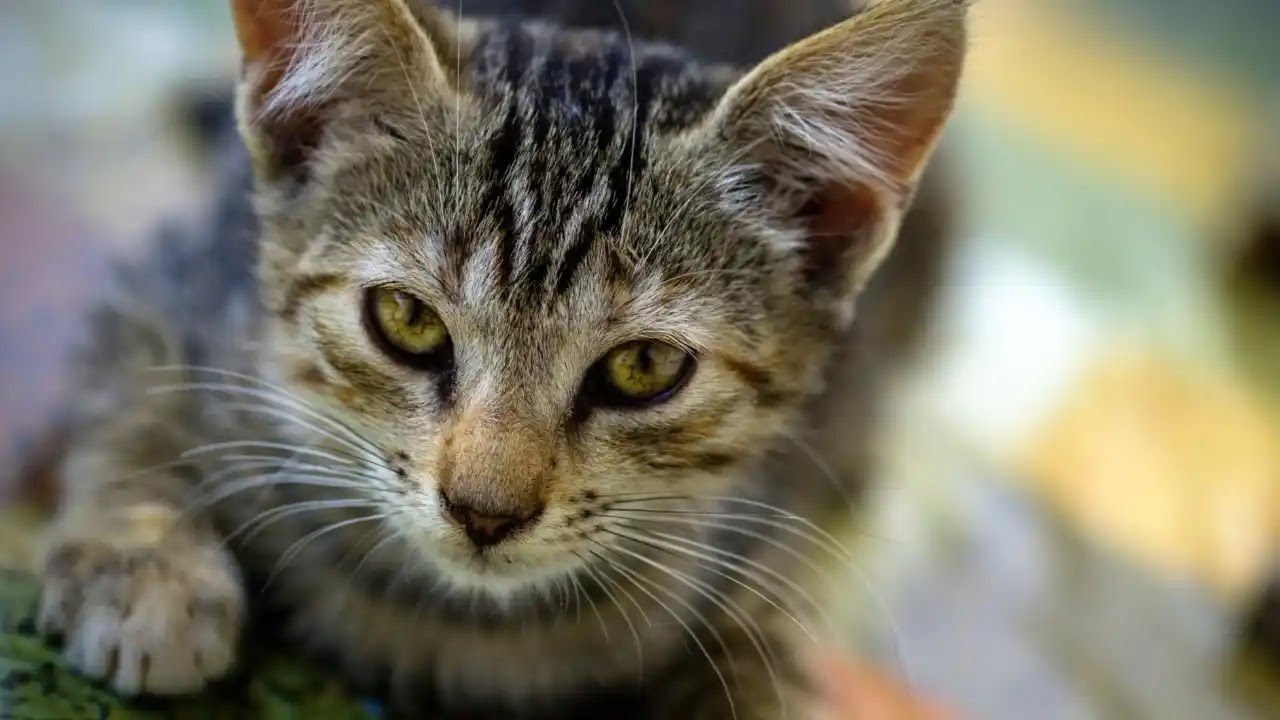introduction
When your feline companion experiences diarrhea, it can be quite concerning. Understanding the underlying causes can help you address the issue and provide the necessary care for your beloved pet. Let's explore some of the common causes in more detail.
table about causes of cat Diarrhea
| Cause | Information |
|---|---|
| Dietary changes | Sudden changes in your cat's food or introducing new treats can upset their stomach and cause diarrhea. |
| Food allergies or sensitivities | Certain ingredients in your cat's diet can trigger an allergic reaction or sensitivity, leading to diarrhea. |
| Intestinal parasites | Worms or other parasites can infect your cat's digestive system and cause diarrhea. |
| Bacterial or viral infections | Infections such as salmonella or feline panleukopenia virus can cause diarrhea in cats. |
| Stress or anxiety | Cats can sometimes experience diarrhea as a result of stress or anxiety. |
| Medications or toxins | Certain medications or exposure to toxins can disrupt your cat's digestive system and lead to diarrhea. |
| Inflammatory bowel disease (IBD) | IBD is a chronic condition that causes inflammation of the intestinal tract and can result in diarrhea. |
| Pancreatic disorders | Issues with the pancreas, such as pancreatitis, can affect digestion and cause diarrhea. |
| Metabolic disorders | Conditions like hyperthyroidism or kidney disease can impact your cat's digestive system and cause diarrhea. |
| Feline infectious peritonitis (FIP) | FIP is a viral disease that can cause diarrhea, among other symptoms, in cats. |
causes ofFeline Diarrhea
Dietary changes
Dietary changes can be a leading cause of diarrhea in cats. Cats have sensitive digestive systems, and sudden changes in their food or the introduction of new treats can upset their stomach. It is crucial to introduce dietary changes gradually and maintain a consistent diet to avoid gastrointestinal distress.
Food allergies or sensitivities
can also trigger diarrhea in cats. Certain ingredients, such as dairy, grains, or proteins, can lead to allergic reactions or sensitivities. Identifying and eliminating these problematic ingredients from your cat's diet can help alleviate their diarrhea.
Intestinal parasites
another common culprit. Worms or other parasites can infiltrate your cat's digestive system, disrupting the normal functioning and causing diarrhea. Regular deworming and preventive measures can help protect your cat from these pesky invaders.
Bacterial or viral infections
wreak havoc on your cat's digestive system, leading to diarrhea. Salmonella and feline panleukopenia virus are examples of infections that can cause gastrointestinal distress. Proper hygiene, vaccination, and regular vet check-ups are essential to prevent and manage these infections.
Stress and anxiety
Stress and anxiety can also contribute to diarrhea in cats. Changes in the environment, routine, or introduction of new pets can trigger stress, affecting your cat's digestive health. Creating a calm and secure environment for your cat, along with providing enrichment and reassurance, can help alleviate their stress-related diarrhea.
Certain medications or exposure to toxins
Certain medications or exposure to toxins can disrupt your cat's digestive system, resulting in diarrhea. It is crucial to be cautious when administering medications and to keep harmful substances out of reach to prevent accidental ingestion.
Inflammatory bowel disease (IBD)
Inflammatory bowel disease (IBD) is a chronic condition characterized by inflammation of the intestinal tract. Cats with IBD often experience chronic diarrhea as one of the primary symptoms. A proper diagnosis by a veterinarian and dietary modifications can help manage this condition effectively.
Pancreatic disorders
Pancreatic disorders, such as pancreatitis, can impact digestion and lead to diarrhea. The pancreas plays a vital role in producing enzymes necessary for proper digestion. When the pancreas is compromised, nutrient absorption decreases, and diarrhea may occur.
Metabolic disorders
Metabolic disorders, such as hyperthyroidism or kidney disease, affect various bodily functions, including digestion. These conditions can disrupt normal intestinal function, leading to diarrhea as a symptom. Regular monitoring and appropriate treatment can help manage these disorders and alleviate diarrhea.
Feline infectious peritonitis (FIP)
Feline infectious peritonitis (FIP) is a viral disease that can cause diarrhea among other symptoms. While FIP is a complex and often fatal disease, early detection and supportive care can help improve the quality of life for affected cats.
conclusion
In conclusion, diarrhea in cats can stem from a variety of causes, ranging from dietary changes and allergies to infections and underlying health conditions. It is crucial to consult with a veterinarian for an accurate diagnosis and appropriate treatment. By addressing the root cause, providing proper care, and ensuring a healthy environment, you can help your feline friend recover from diarrhea and maintain their overall well-being.
References
- Veterinary Partner. (n.d.). Infectious Diarrhea in Cats. Retrieved from [Reference 1]
- Cornell Feline Health Center. (n.d.). Inflammatory Bowel Disease. Retrieved from [Reference 2]
- Animal Humane Society. (n.d.). Diarrhea in Cats. Retrieved from [Reference 3]
- The Cat Community. (n.d.). Feline Pancreatitis. Retrieved from [Reference 4]


